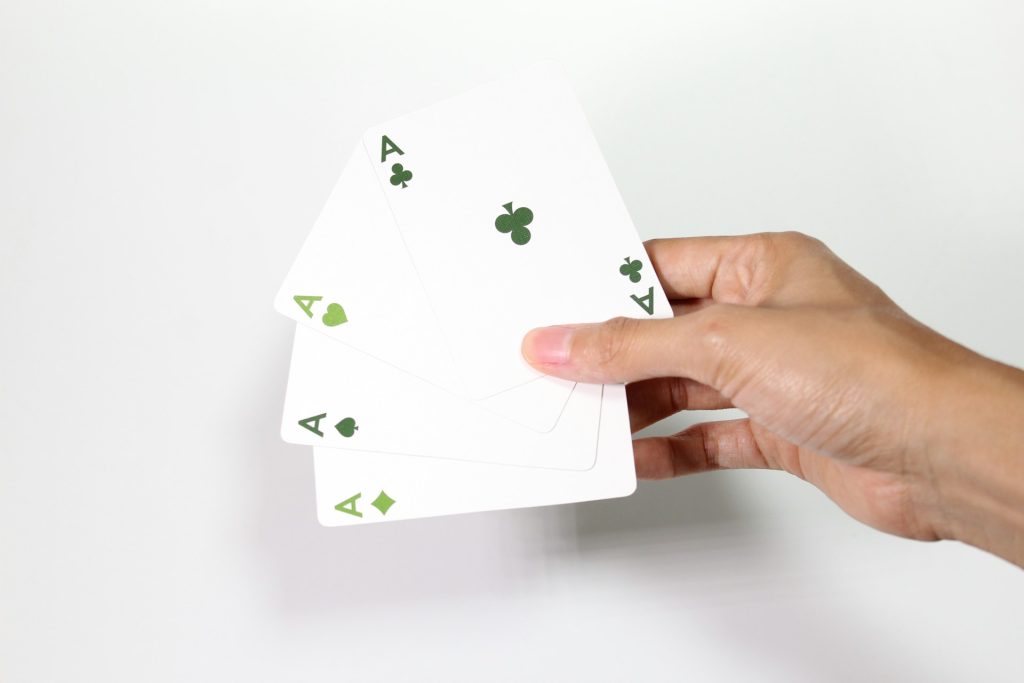Poker, with its blend of strategy, skill, and luck, is a timeless classic in the realm of card games. As players gather around the felt table, anticipation hangs heavy in the air, accompanied by the perennial question: How long does a poker game last? In this article, we delve into the intricacies of poker gameplay, exploring the factors that influence the duration of a game and offering insights to satisfy your curiosity.
The Variables at Play: Understanding the Factors
Before we can determine the duration of a poker game, it’s essential to grasp the variables that come into play. From the variant of poker being played to the skill level of the players and the structure of the blinds, numerous factors can influence the length of a game. Additionally, external elements such as table dynamics, player interaction, and breaks for refreshments or restroom visits can also impact the overall duration.
Short and Sweet: Quick-Fire Poker Formats
For those seeking a fast-paced poker experience, certain formats cater to shorter gameplay sessions. Speed poker variants, such as Turbo or Hyper-Turbo tournaments, feature accelerated blind structures and shorter levels, resulting in rapid-fire action and quicker game resolutions. Similarly, cash games with lower buy-ins and faster gameplay can provide a swift yet satisfying poker fix without the extended time commitment.
Marathon or Sprint: Tournament vs. Cash Games
In the realm of poker, tournaments and cash games represent two distinct playing formats, each with its own tempo and rhythm. Tournaments, characterized by escalating blinds and elimination-based gameplay, can span several hours or even days, particularly in multi-day events or prestigious poker series like the World Series of Poker (WSOP). On the other hand, cash games offer more flexibility in terms of duration, with players free to join or leave the table at their leisure. Depending on the stakes and dynamics, cash game sessions can range from brief interludes to marathon sessions that stretch into the early hours of the morning.
Bluffing, Betting, and Beyond: Pace of Play
The pace of play in a poker game is heavily influenced by the actions of the players involved. Aggressive betting, frequent raises, and prolonged decision-making processes can extend the duration of a hand, leading to longer overall gameplay. Conversely, tables characterized by tight play and swift decision-making may progress at a brisker pace, resulting in shorter game durations. The art of bluffing, a cornerstone of poker strategy, can also impact the flow of the game, as players attempt to outmaneuver their opponents and extract maximum value from their hands.
The End Game: Reaching the Conclusion
Ultimately, the duration of a poker game culminates in the resolution of the final hand. Whether it’s a dramatic showdown between two players or a multi-way pot with high stakes, the climax of a poker game signals the end of the journey. Factors such as chip stacks, blinds, and player fatigue may contribute to the decision-making process as the game draws to a close. Once the final chips are counted and the winner is declared, players can reflect on the twists and turns of the game and perhaps ponder their next move in the ever-evolving world of poker.
Embracing the Unpredictability
In the world of poker, time is but a fleeting concept, subject to the whims of chance and the strategic maneuvers of players. While some games may unfold in a whirlwind of action, others may meander at a leisurely pace, weaving intricate narratives with every hand dealt. Regardless of the duration, the allure of poker lies in its unpredictability, offering a tapestry of thrills, challenges, and moments of triumph. So, the next time you find yourself at the poker table, embrace the journey, savor the suspense, and let the cards fall where they may.

